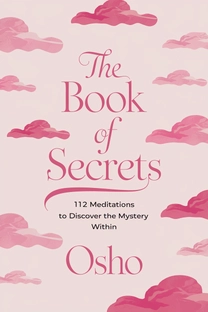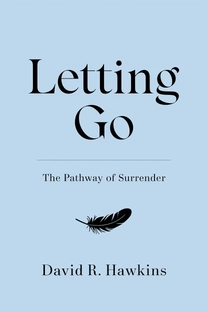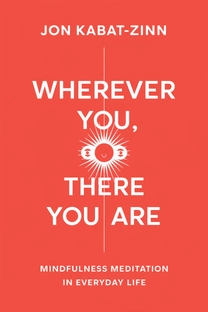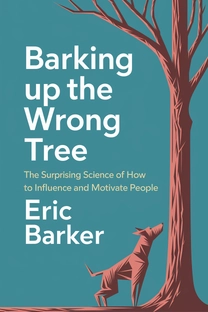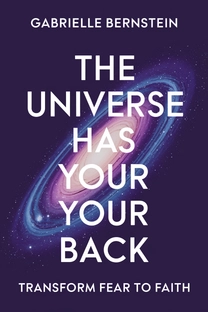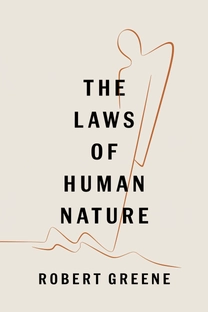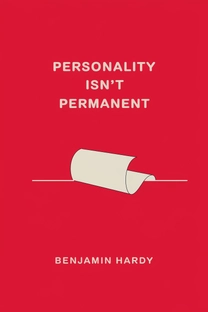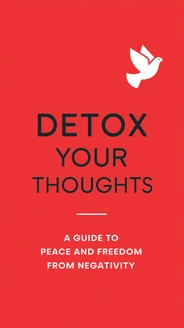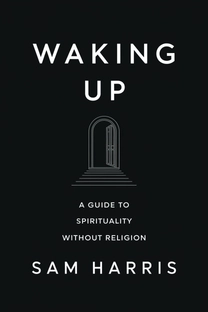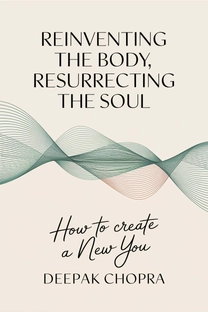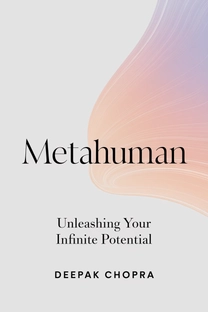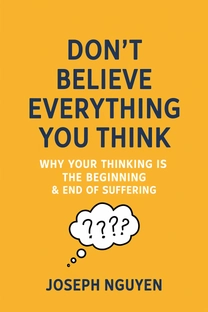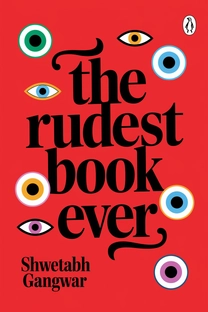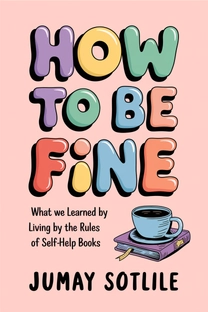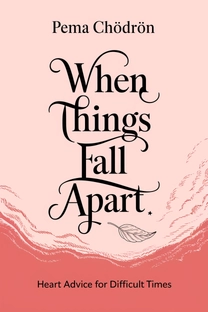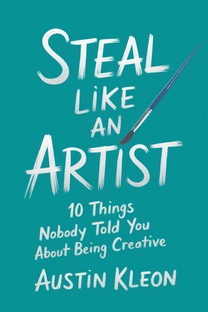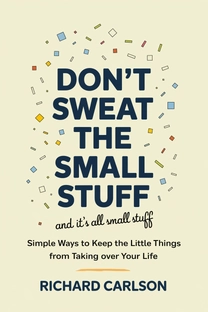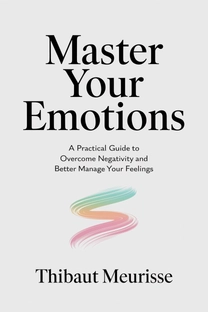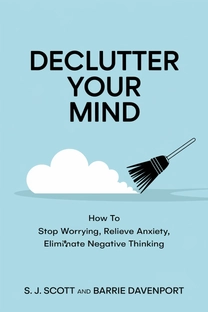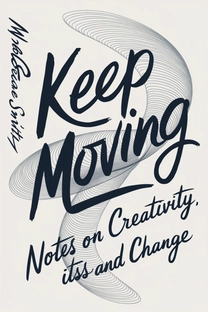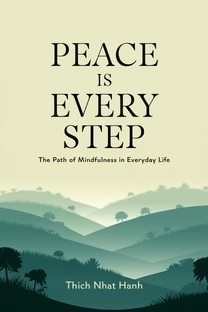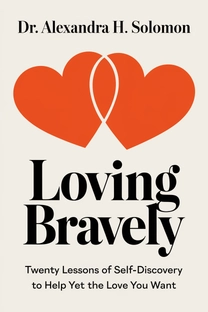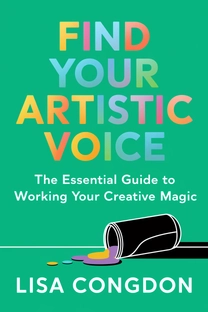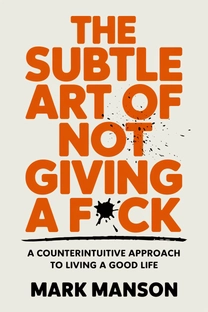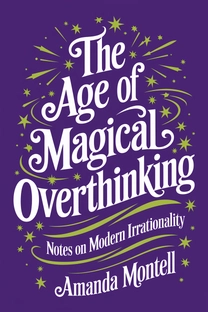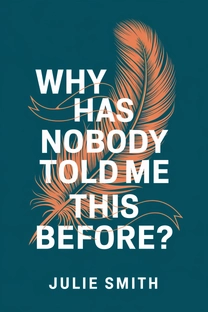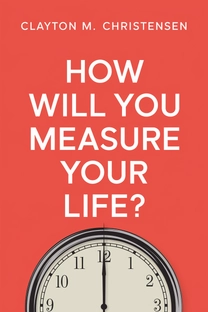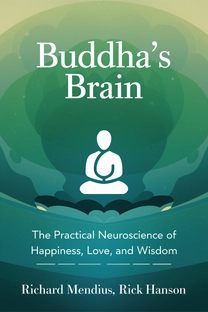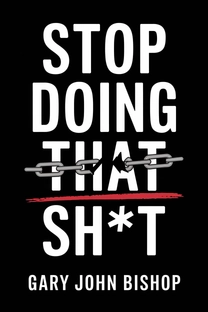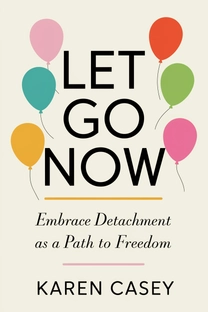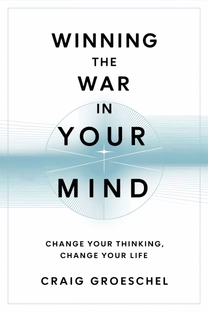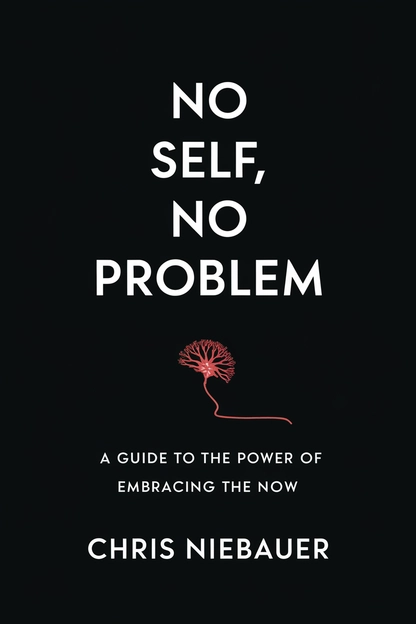
No Self, No Problem
How Neuropsychology Is Catching Up to Buddhism
by Chris Niebauer, PhD
Brief overview
This book shows you how the notion of a fixed self might be an illusion created by your brain. By blending Western research with Eastern insights, it demonstrates that letting go of rigid ideas of who you are can lead to less stress and a deeper sense of freedom.
Introduction
In our hectic modern world, we often believe that our anxious minds define who we are. Yet in many moments—like carefree laughter or a peaceful walk—we sense that there's more to us than mere worry or fleeting thoughts. This book suggests we may not be the solid, unchanging self we imagine.
Rooted in neuropsychology and anchored by Buddhist teachings, it reveals that our sense of self might be an ongoing construction of the mind. By viewing ourselves as “separate,” we risk mental suffering when life doesn’t match our expectations or beliefs.
Interestingly, Western science has started validating ideas Buddhists have espoused for centuries—namely, that our identity is more fluid than fixed. Seeing the mind as a tool, not as our unshakable essence, can cut through anxieties and inspire us to live more freely.
This introduction opens the door to a journey of discovery, blending rational inquiry with timeless wisdom. The goal is to better understand how our brains craft the story of “me” and how letting go of that story can reduce stress—and sometimes even unlock a deeper connection to life itself.
The Left Brain’s Story-Making
The left hemisphere is often hailed as the epicenter of logic, language, and reasoning. Yet it does more than just solve problems: it interprets everything we experience, spinning a running commentary about who we are and why events unfold.
Split-brain studies show how this hemisphere can spontaneously create explanations—even when it lacks all the facts. For instance, a complex action triggered by the right brain might be explained away by the left side, purely to preserve a sense of internal consistency.
This perpetual loop of interpretation can lead us astray. If we’re not aware of it, we might take each passing thought as the ultimate truth about ourselves or the world. That’s how biases form, and how we get attached to stories that cause stress or conflict.
At its core, this interpreting mind is neither good nor bad. It’s simply a mechanism that helps us navigate life. But when we identify too strongly with its stories, we forget they’re only interpretations—and not reality.
What is No Self, No Problem about?
In "No Self, No Problem: How Neuropsychology Is Catching Up to Buddhism," Chris Niebauer, PhD, explores the intersection of Eastern philosophy and Western neuroscience, presenting a compelling argument on the illusory nature of the self. This book delves into the age-old debate about identity with fresh insights backed by modern scientific research, encouraging readers to re-evaluate their rigid notions of "self" as an ever-changing concept created by the brain.
The book paints a nuanced picture of how the left hemisphere of the brain constructs stories that forge our identity while shedding light on the right hemisphere's capacity for creativity and intuition. By examining the mechanics behind these mental processes, Niebauer argues that understanding the brain's dual roles can ultimately liberate us from undue stress and restrictive self-conceptions.
By bridging neuropsychology with Buddhist teachings, "No Self, No Problem" presents a radical yet practical approach to mental freedom. Readers are encouraged to let go of fixed ideas of identity, which not only reduces stress but also unveils the profound serenity and freedom available by embracing the fluid complexity of being.
Review of No Self, No Problem
"No Self, No Problem" triumphs in its ability to synthesize complex concepts of neuropsychology with profound Buddhist wisdom seamlessly. One of the book's key strengths is its approachable examination of how the brain constructs the notion of a fixed self—an idea gaining traction in both scientific and spiritual circles.
Niebauer's prose is refreshingly accessible, balancing academic detail with a conversational tone that draws readers in. The book's practical applications are profound, offering mindfulness tools and introspective strategies tailored to cultivate deeper self-awareness and freedom from the constraints of self-imposed limitations.
The author's unique perspective helps demystify the roles of the left and right hemispheres, removing the jargon typically associated with scientific subjects. "No Self, No Problem" is suited to anyone seeking to understand their psyche better, offering transformative insights applicable in various life contexts, whether professional or personal.
In summary, Chris Niebauer's exploration of the self's notion as an evolving construct is enlightening and empowering. This compelling narrative invites readers to reflect deeply on their beliefs, making it a must-read for those interested in the convergence of science and spirituality.
Who should read No Self, No Problem?
- Professionals seeking stress reduction techniques through mindfulness and self-awareness practices.
- Individuals interested in the intersection of neuroscience and spirituality, looking for deeper understanding and application.
- Students and educators in psychology or cognitive science exploring innovative ways of interpreting brain functions.
- Individuals experiencing identity shifts or searching for personal growth to gain new perspectives on self and purpose.
- Those practicing or interested in meditation and mindfulness, eager to bridge their inner experiences with scientific knowledge.
About the author
Book summaries like No Self, No Problem
Why readers love Mindleap
10-Minute Book Insights
Get the core ideas from the world's best books in just 10 minutes of reading or listening.
Curated For You
Discover your next favorite book with personalized recommendations based on your interests.
AI Book ExpertNew
Chat with our AI to help find the best book for you and your goals.
Reviews of MindLeap
Love how I can get the key ideas from books in just 15 minutes! Perfect for my busy schedule and helps me decide which books to read in full.
Alex R.
The summaries are incredibly well-written and the audio feature is perfect for my commute. Such a time-saver!
Jessica M.
Great app for personal growth. The insights are clear and actionable, and I love how they capture the essence of each book.
Chris P.
The app is beautifully designed and the summaries are top-notch. Definitely worth every penny!
Sarah K.


